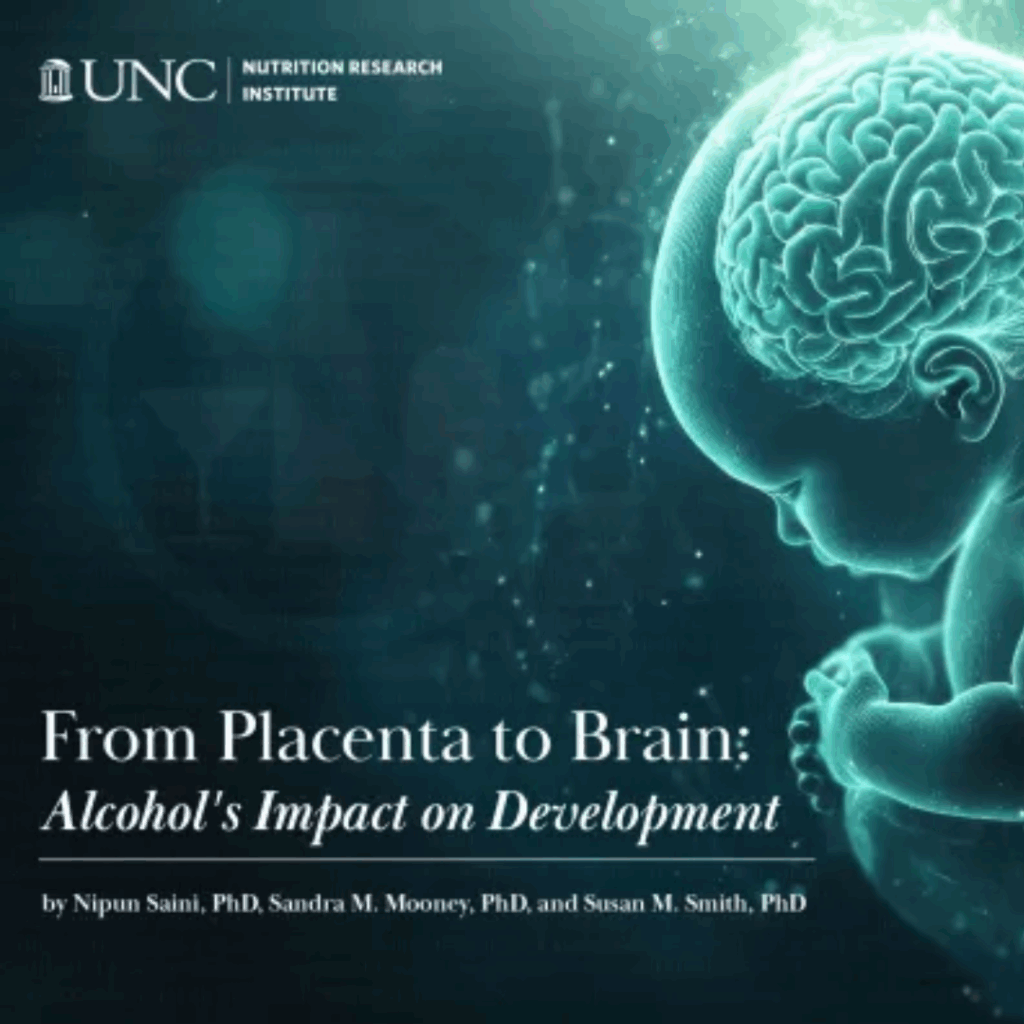Lived experience of fetal alcohol spectrum disorder: A qualitative scoping review

FASD is a lifelong disability that affects individuals, their caregivers, and families on a daily basis. Individuals with FASD are aware of their disability and can be left feeling different and isolated, while caregivers have to negotiate the daily challenge of parenting a child with FASD. Despite these challenges, individuals with FASD have talents and qualities; raising a child with FASD can bring joy to both caregivers and families. Professionals feel unprepared and overwhelmed when supporting someone with FASD because of a lack of knowledge, funding, and support for individuals living with FASD.
Fetal alcohol spectrum disorder diagnostic clinic capacity in Canadian Provinces and territories

“…This study examined the capacity for interdisciplinary team diagnosis of FASD across selected provinces and territories in Canada. Capacity.. has either remained stable or fallen in all jurisdictions studied between 2015 and 2019..This study revealed that approximately 98% of cases of FASD are underdiagnosed or misdiagnosed, which is supported by previous publications…”
An Empirical Examination of Confabulation in Adolescents with Fetal Alcohol Spectrum Disorder (FASD)

Confabulation is when missing memories are unwittingly filled in with distorted or fabricated information. This has been shown to lead to incorrect information in legal cases involving suspects, witnesses or victims of crime. This study is the first to experimentally explore confabulation in adolescents with fetal alcohol spectrum
disorders (FASD).
Access to oral health care for children with fetal alcohol spectrum disorder: a cross-sectional study

The objective of this cross-sectional study is to examine the use of oral health care services by children diagnosed with FASD in Saskatchewan, Canada, and to identify perceived barriers that affect their access to oral health care.
Does paternal alcohol consumption affect the severity of traits of fetal alcohol spectrum disorders?

Paternal alcohol consumption was associated with an independent, negative influence on child height, head circumference, and verbal IQ. Maternal drinking, when combined with heavy male drinking, was associated with more severe FASD outcomes.
Beyond the Brain: The Physical Health and Whole-Body Impact of Fetal Alcohol Spectrum Disorders

A growing body of evidence suggests that individuals with PAE/FASD may experience comorbidities relating to metabolism; body composition; cardio-renal, immune, and/or reproductive health; as well as hearing, vision, and sleep difficulties. These findings support the concept of FASD as a whole-body diagnosis
Prenatal alcohol exposure and health at midlife: Self-reported health outcomes in two cohorts

The Developmental Origins of Health and Disease Hypothesis (DOHaD) suggests prenatal alcohol exposure (PAE) should have implications for adult physical and mental health. Since the health profile of older adults with PAE and diagnoses of fetal alcohol spectrum disorder (FASD) is unknown, the current study evaluates self-reported health problems of midlife adults with and without a history of PAE to describe these outcomes.
Sensory Processing and FASD

Even though families and individuals with FASD often talk about sensory differences, researchers haven’t studied them much, especially across the lifespan. CanFASD wrote an issue paper to summarize what we do know about sensory issues in people with FASD and what still needs more research.
From Placenta to Brain: Alcohol’s Impact on Development

A new study from the UNC Nutrition Research Institute (NRI) looks at how prenatal alcohol exposure (PAE) changes placental metabolism and what that means for fetal brain development.
An updated systematic review of the literature on fetal alcohol spectrum disorder and the criminal legal system

This updated review identified 54 studies (2017–2024) on fetal alcohol spectrum disorder (FASD) and the criminal legal system—more than double the 2018 review. Most research, from Canada and Australia, highlights growing knowledge but ongoing gaps in interventions, outcomes, and socio-cultural factors. Future research priorities are outlined.
The Potential for Fetal Alcohol Spectrum Disorder Prevention of a Harmonized Approach to Data Collection about Alcohol Use in Pregnancy Cohort Studies

Research article making recommendations for data collection about women’s alcohol use by future pregnancy cohorts, related to the frequency and quantity of alcohol consumed, the number of drinks consumed on an occasion, any alcohol consumption before pregnancy, changes in use since pregnancy recognition, and the quit date.
The Efficacy of Warning Labels on Alcohol Containers for Fetal Alcohol Spectrum Disorder Prevention

Alcohol warning labels should be used in conjunction with other approaches as part of a comprehensive FASD prevention strategy to better promote behavioural change.
